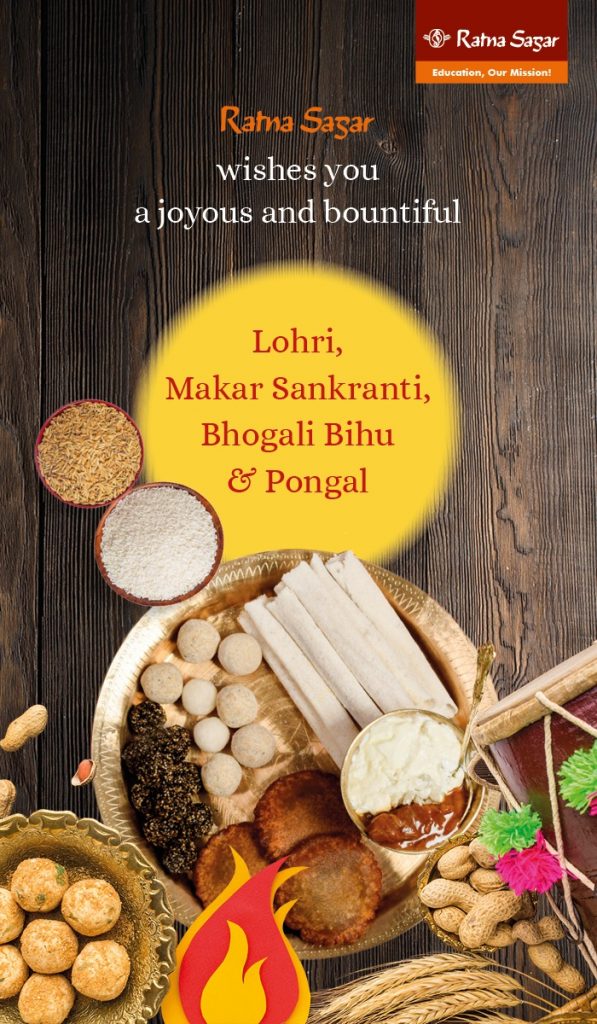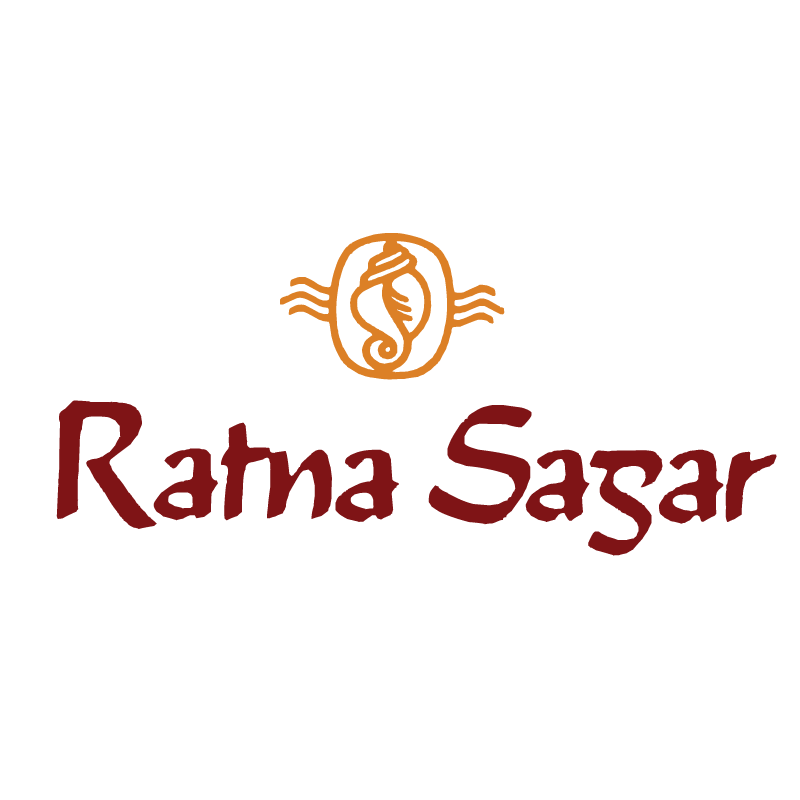
Happy Harvest Festival, Ratna Sagar!
India indeed celebrates a variety of vibrant and culturally rich harvest festivals across different regions, such as Pongal, Baisakhi, Makar Sankranti, Onam, and many more. The festivities during these occasions are filled with joy, gratitude, and colorful traditions, showcasing the country’s diverse cultural tapestry. Wishing you an abundance of prosperity, happiness, and a bountiful harvest season ahead!
Pongal: Celebrated primarily in Tamil Nadu, Pongal marks the Tamil harvest festival, dedicated to the Sun God, Surya. Lasting for four days, it starts with Bhogi Pongal, when people discard old belongings and start afresh. The main day, Thai Pongal, involves boiling freshly harvested rice with milk in earthen pots until it overflows, symbolizing abundance. Mattu Pongal honors cattle, while Kaanum Pongal is a day for family outings.
Baisakhi: Predominantly celebrated in Punjab, Baisakhi marks the Sikh New Year and harvest festival. It’s a day of great significance for farmers, as they express gratitude for the bountiful crop. People engage in energetic Bhangra and Gidda dances, offer prayers in Gurudwaras, and enjoy delicious traditional Punjabi cuisine.
Makar Sankranti: Observed in various states across India, Makar Sankranti signifies the transition of the Sun into the zodiac sign of Capricorn (Makara). People fly kites, take ritualistic dips in sacred rivers like the Ganges, and prepare sweets made from sesame and jaggery. In Maharashtra, it’s known as ‘Uttarayan’ and celebrated with the exchange of tilgul (sweets made of sesame seeds and jaggery) and offering prayers to the Sun God.
Onam: A vibrant harvest festival celebrated in Kerala, Onam lasts for ten days and is associated with the mythological King Mahabali. It involves colorful flower decorations (Pookalam), traditional dances (Thiruvathira Kali), sumptuous feasts (Onam Sadhya) served on banana leaves, boat races (Vallam Kali), and other cultural activities.
Bhogali Bihu: Bhogali Bihu, also known as Magh Bihu, is a harvest festival celebrated in the Indian state of Assam, primarily by the Assamese community. It marks the end of the harvesting season and the beginning of the Assamese month of Magh.
The festival is characterized by various cultural activities, feasting, and traditional rituals. Lighting of Meji (bonfire) is a significant part of Bhogali Bihu. People build temporary huts called “meji” using bamboo, leaves, and wood, and in the evening, these huts are set on fire. It’s a symbol of bidding farewell to the winter season and welcoming longer days of sunlight.
During Bhogali Bihu, traditional Assamese games like buffalo fights, egg fights (known as egg-throwing or ‘tekeli bhonga’), and community feasts called ‘Bhog’ are organized. The feasts consist of various delicious dishes prepared from freshly harvested crops and local ingredients, showcasing the rich Assamese culinary heritage.
It’s a time of joy, community bonding, and thanksgiving to the deities for a successful harvest season, and it promotes unity and cultural harmony among the people of Assam.

